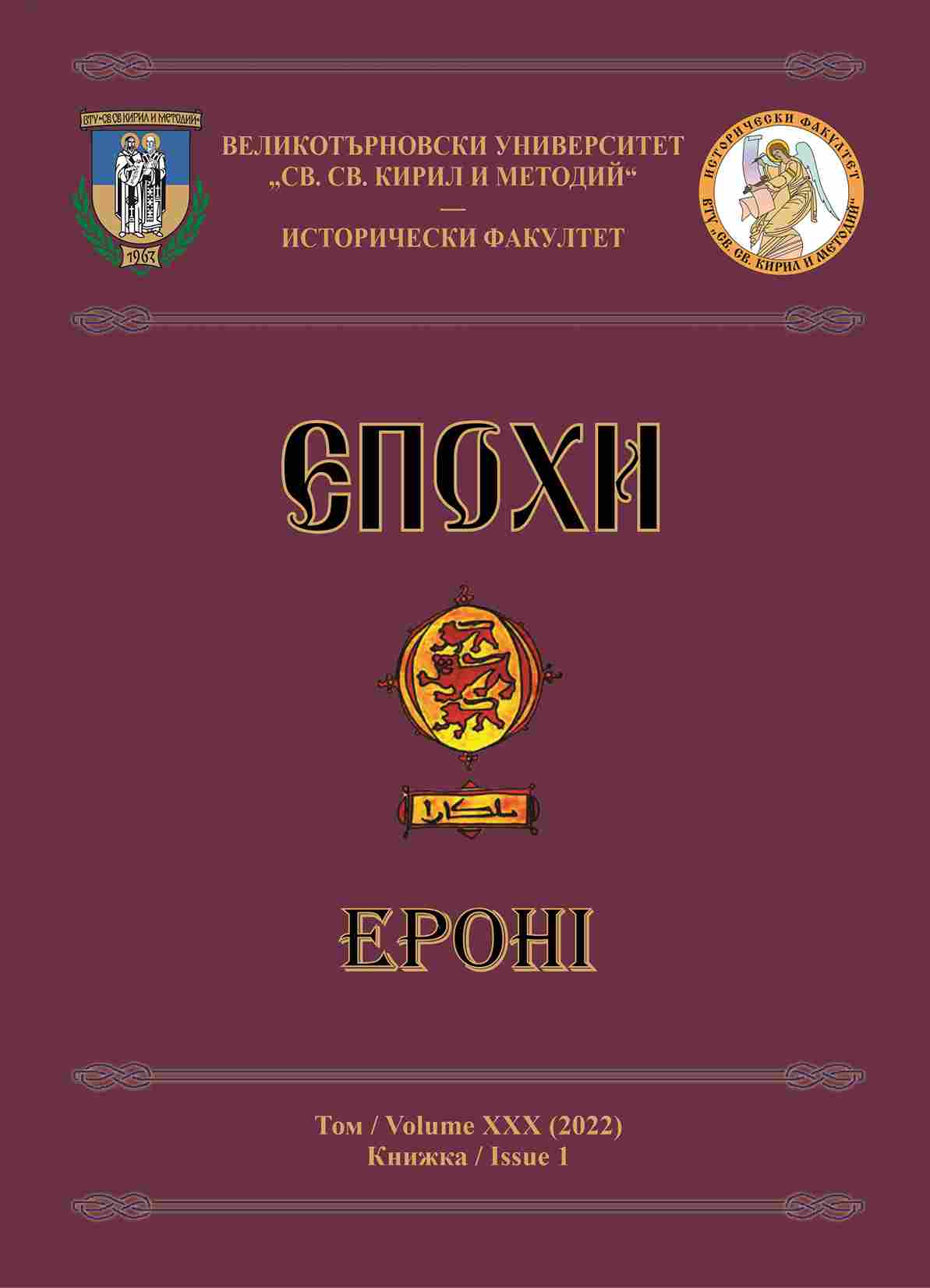An Unexpected Aspect of Slavery?
An Unexpected Aspect of Slavery?
Author(s): Kremena MarkovaSubject(s): Christian Theology and Religion, History, Local History / Microhistory, Middle Ages, Theology and Religion, 6th to 12th Centuries, Eastern Orthodoxy, Sociology of Religion, History of Religion
Published by: Великотърновски университет „Св. св. Кирил и Методий”
Keywords: slavery; slaves; First Bulgarian Empire; Knyaz Boris I; Bishop Sergius (Sergii); liberation from slavery; eunuch; consecration of a bishop; slaves – clerics
Summary/Abstract: This article states the hypothesis of the social origin of two representatives of the Eastern Orthodox Church clergy in the period between the 9th and 12th centuries. Bishop Sergii, who was a eunuch, took the Belgrade Bishopric during the rule of Knyaz Boris I. Mikhail, who was called Maxim, was a bishop of Ohrid in the 1120s. It is an indisputable fact that both of them were eunuchs, and this contradicts one of the basic rules of the Church about cheirotonia (ordination). It is specified in which cases persons with impaired “physical integrity” and disabilities were allowed to be elected and to hold senior Church positions. The sources analyzed point towards a slave origin of both of them. The author proposes the thesis that the ideal (desired) model of construction of the Eastern Orthodox Church has been corrected during its long-term history by practice through a real model, which, in some cases, radically contradicts the basic, declared rules.
Journal: Епохи
- Issue Year: XXX/2022
- Issue No: 1
- Page Range: 78-87
- Page Count: 10
- Language: English

